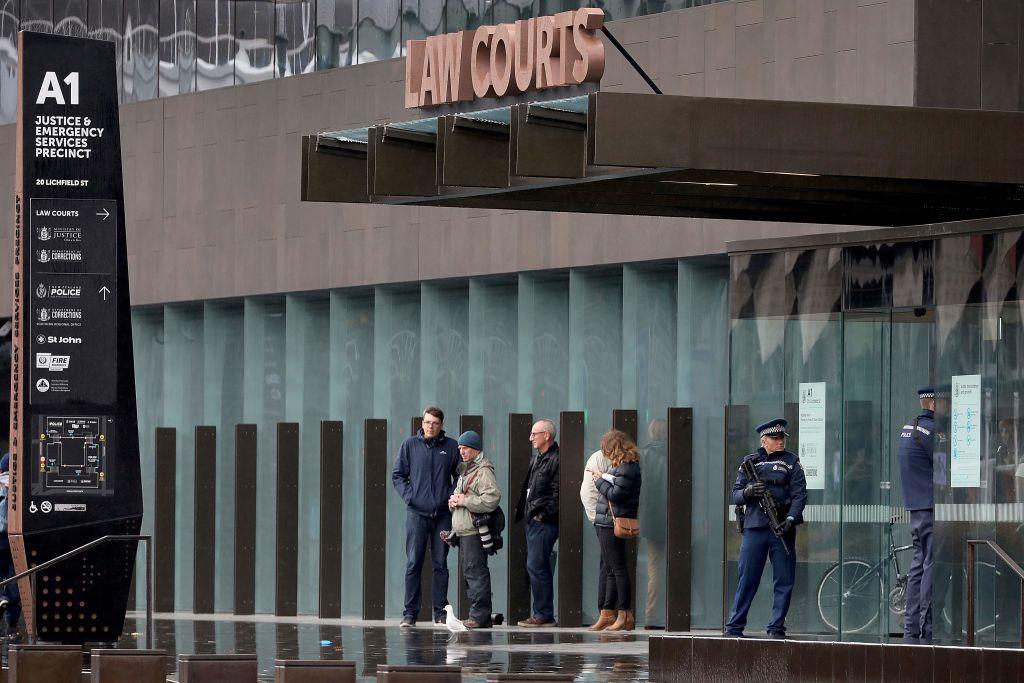The New Zealand government has confirmed it is ending what Justice Minister Paul Goldsmith called a “cottage industry costing taxpayers millions and doing nothing for the victims of crime”—cultural reports handed to courts to consider when sentencing an accused person.
Mr. Goldsmith said these had cost taxpayers more than $7 million in the last financial year—up from $40,000 in 2017—and had led to shorter sentences.





